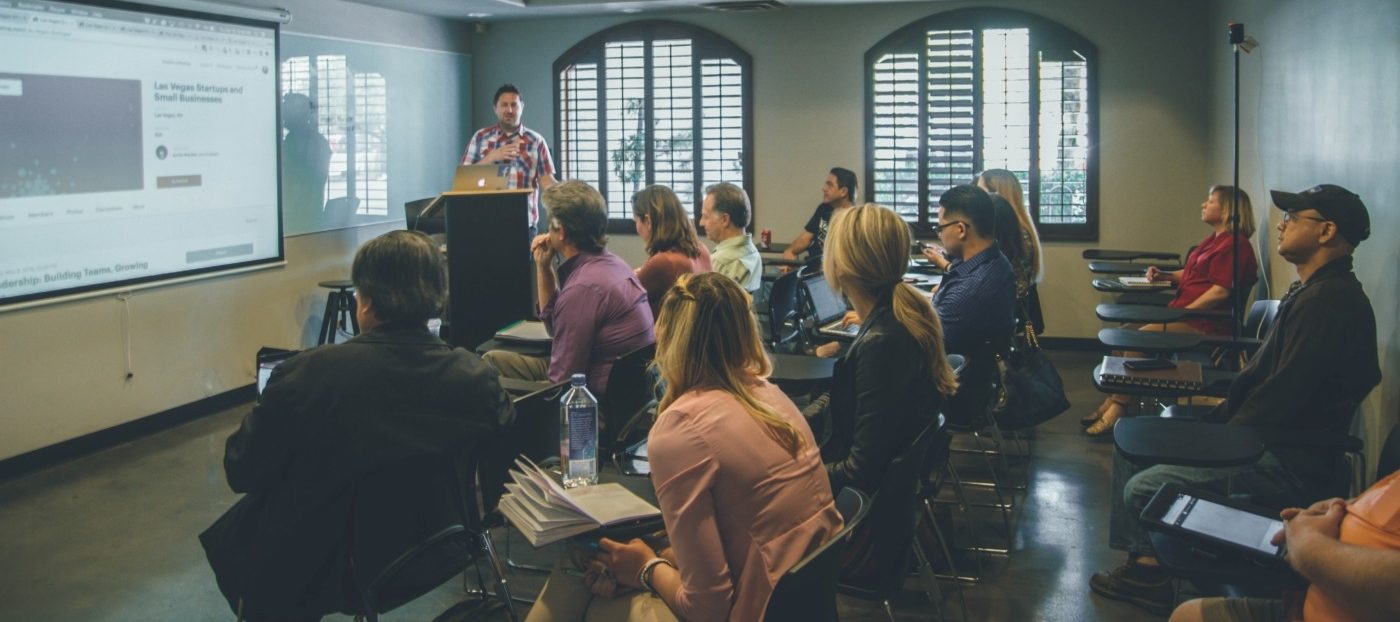We should be disappointed in Warwick for cutting sessional teaching
The pandemic has affected everyone across the world. The death toll has exceeded 600,000. For those that have survived the virus, months of recovery may be required, with an immediate return to work unlikely. The human cost of coronavirus is truly devastating to witness.
With that human cost has come economic damage. Every sector in the economy has had to adapt and change. Whilst communication services like Zoom and streaming platforms like Netflix are likely to have increased in popularity, other service sectors will have been decimated.
This has certainly occurred in higher education. With universities set to lose £2.5 billion from tuition fees in 2020/21, the lost opportunities are stark. Academically, teaching hasn’t taken place for the next generation of learners. Financially, universities haven’t held conferences which generate widespread income, while investments have significantly declined. The pandemic has led to numerous lost opportunities: lost research, and lost time for friendships and human development to take place.
Clearly, universities are going to have to make financial cuts. Smaller budgets will mean decisions have to take place over what is prioritised and where money is spent. The University of Warwick have announced a reduction in the sessional teaching budget to protect jobs. This means such teachers, like PhD students, will be paid less or made redundant. This comes after widespread strike action against casualised work before the pandemic.
Sessional teachers are a vital beacon of knowledge, a referee almost, to ensure that debates and assertions are made on the basis of facts
This reduction in teaching expenditure is depressing. Universities are meant to be where high quality teaching takes place alongside pioneering research. Sessional teachers are of deep importance to future students, not least in seminar debates. With extensive knowledge of a topic they are able to mediate conversations between students and ensure it takes place reasonably. They are a vital beacon of knowledge, a referee almost, to ensure that debates and assertions are made on the basis of facts. For students, good seminar tutors are crucial.
The sessional teaching is also of deep importance to the PhD students themselves. Someone undertaking a PhD – which is no mean feat – is likely to enter the world of higher education as a permanent career. This may involve lecturing, supervisions and engaging with students at an advanced level. Seminar moderation then, is important for that first foot in the door, the first rung on the ladder to developing academic confidence. While they are conducting research, a fact or idea sparked by seminar discussion could be the catalyst for their own ideas. Teaching – and having said teaching valued – is needed for boosting morale and maintaining the quality of research.
Nobody enters teaching (or most public sector roles) for a high salary. They do so because of a passion for their subject, wishing to find out more, discover something new and present it to the world. That discovery can take place through peer reviewed papers that make it into the highest academic quality of journals. But it should also occur by teaching students about new ideas and encouraging critical thinking. Universities must value teachers who are there not only to promote the reputation of the university, but to provide access to new knowledge for future generations.
If a university doesn’t value and cherish its educators, it has no meaningful purpose at all
Savings inevitably need to be made. Economic sustainability should always be a consideration for universities, in or out of a pandemic. All institutions must decide where money is spent and how to prioritise different financial investments. But at the heart of university should be exceptional teaching. As term commences in September, universities must return to their core role of educating the next generation. While lectures commence online, as many in-person seminars must take place as possible.
This may mean – for savings – ambitious projects have to be placed on hold. While we would all love a brand new building with updated technology, it is not a necessity for universities to function. Not every course or job can be saved. Some courses may have less popularity while the knowledge will evolve and may become outdated. However, world class teaching must remain the bedrock of an institution. Sacking good quality PhD students, who are reliant on income for funding their research and form the next generation of teachers, is demoralising and demonstrates the university’s funding priorities are incorrect. If a university doesn’t value and cherish its educators, it has no meaningful purpose at all.

Comments